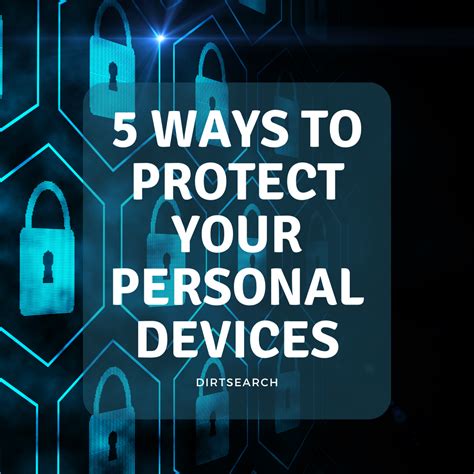How to Protect Your Crypto Card Information
Cryptocurrency, or crypto, has become a popular and rapidly growing form of digital currency. With its growing popularity, there has come a need for proper storage and security measures to protect your private key and other sensitive information. Here are some tips to protect your crypto card information:
1. Use Strong Passwords and Two-Factor Authentication
One of the most important steps to take when storing your crypto card information is to use strong passwords and enable two-factor authentication (2FA). That way, even if someone gains access to your wallet or account, they can’t make transactions without your permission.
- Create unique and complex passwords for your wallet or account.
- Enable 2FA whenever possible using authenticator apps like Google Authenticator or Authy.
- Remember to change your password periodically (at least every six months).
2. Protect Your Wallet Software and Hardware
Your crypto card information is stored on the blockchain, a public ledger maintained by a network of computers around the world. To protect this information, it is essential to secure your wallet software and hardware.
- Use reputable and regularly updated wallet software.
- Disable any unnecessary features or settings that could compromise security.
- Keep your device(s) offline for extended periods of time when not in use.
- Consider using a hardware wallet such as Ledger or Trezor, which are designed specifically for storing crypto card information.
3. Be Cautious with Public Wi-Fi and Networks
Be careful when accessing the internet from public Wi-Fi networks. Public Wi-Fi networks can be vulnerable to hacking and eavesdropping, as anyone with a device connected to the network can intercept sensitive information.
- Use a VPN (virtual private network) to encrypt your internet traffic when using public Wi-Fi.
- Avoid accessing sensitive information, such as login details or private key management, from public Wi-Fi networks.
- Consider using a mobile hotspot or purchasing a portable Wi-Fi router to transfer data securely.
4. Monitor your wallet activity
Regularly monitoring your wallet activity can help you identify potential security threats early on.
- Log in to your account every time you make a transaction.
- Regularly check your wallet balance and transaction history.
- Report any suspicious activity to your platform or wallet provider immediately.
5. Use a secure storage service
If you’re concerned about storing sensitive information offline, consider using a secure storage service designed specifically for storing crypto card information.
- Look for services that offer end-to-end encryption, such as Tumblers or Cold Storage Services.
- Research reputable and secure options to ensure your data is protected.
Conclusion

Keeping your crypto card information safe requires paying attention to detail and implementing the right security measures. By following these tips and best practices, you can significantly reduce your risk of identity theft, hacking, and other forms of cyber threats. Remember to always be cautious when accessing sensitive information online and, if necessary, use reputable data storage services.
Additional Resources
- [1] “How to Keep Your Cryptocurrency Safe from Hackers” by CoinDesk
- [2] “5 Ways to Keep Your Crypto Wallet Safe” by Decrypt
- [3] “The Importance of Two-Factor Authentication for Crypto Wallets” by The Block
By following these guidelines, you can protect your crypto card information and enjoy a safe and secure cryptocurrency experience.

